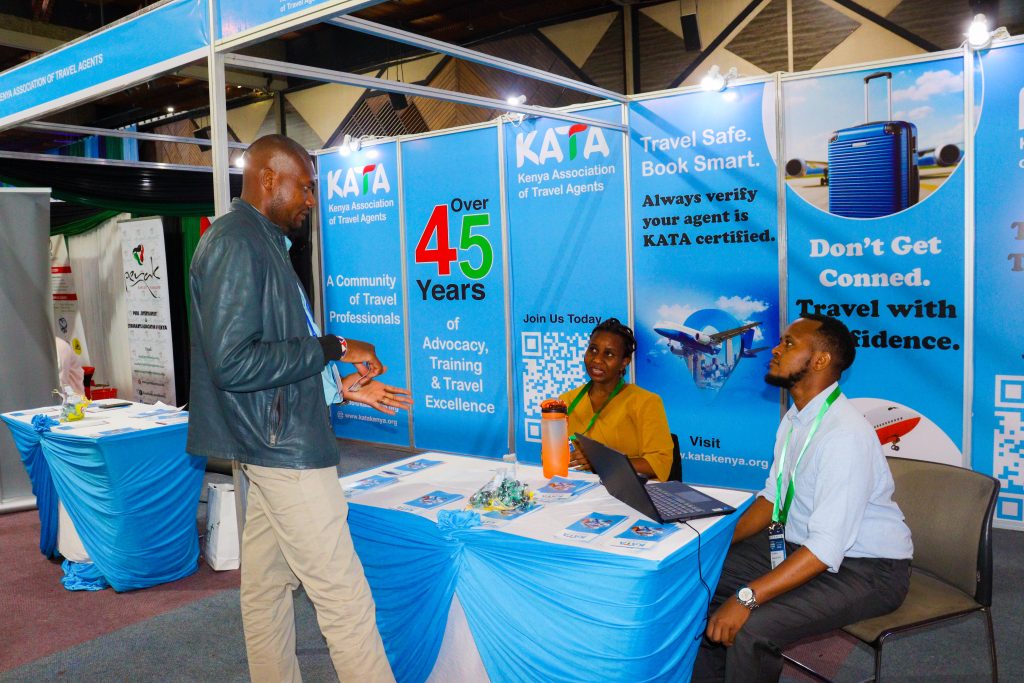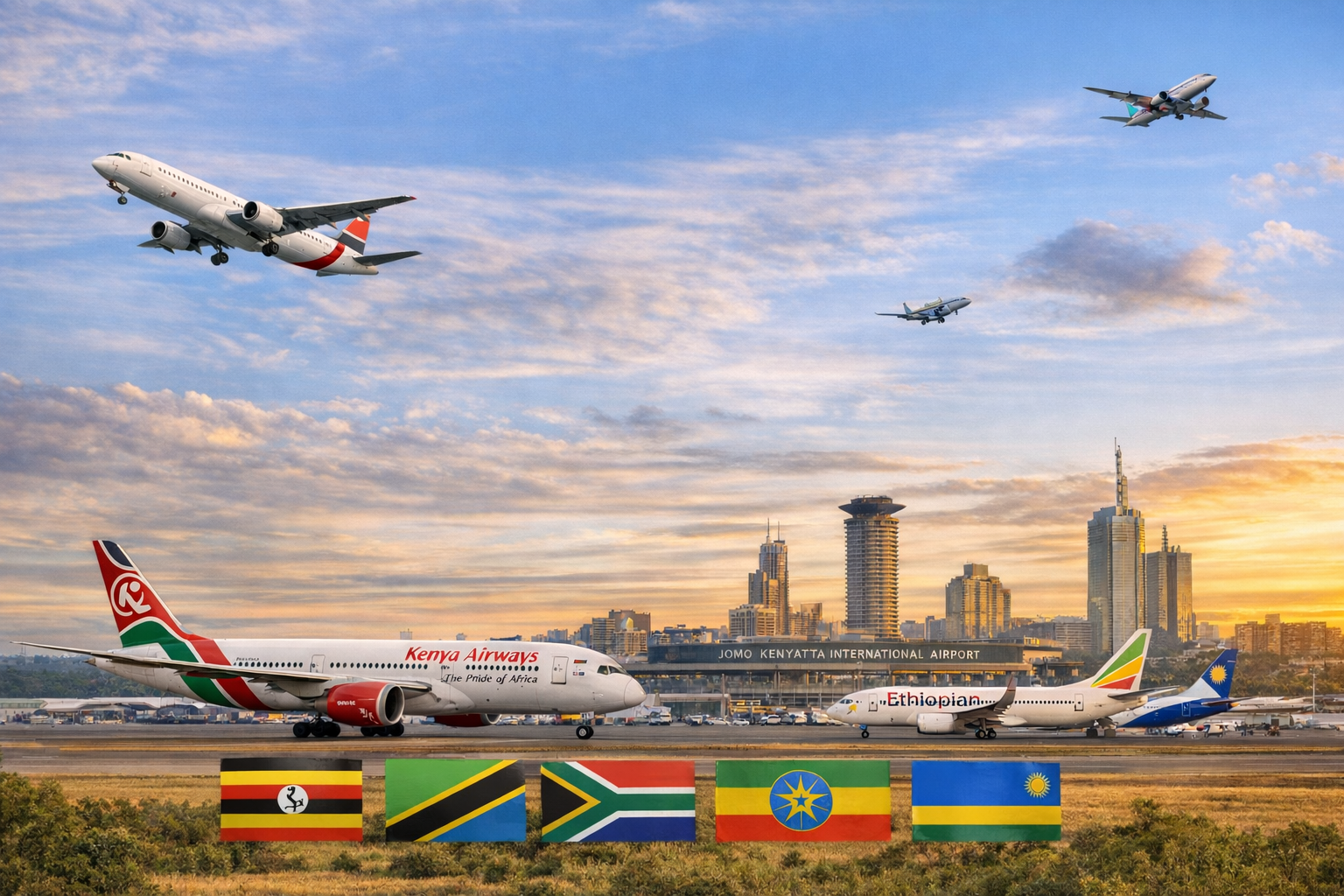The strategic advancement of Kenya’s medical tourism ambition is being observed as the nation seeks to establish itself as a primary hub for specialized healthcare services within the African continent. This objective is being pursued with significant vigor, as the intersection of healthcare infrastructure and professional travel management is identified as a critical driver for economic growth. It is understood that the movement of patients across borders is not merely a medical necessity but a complex logistical undertaking that requires the expertise of the Kenya Association of Travel Agents (KATA). By leveraging the existing strengths of the tourism industry, a seamless integration of clinical excellence and hospitality is being developed to attract international patients.
A profound transformation is being witnessed in how medical services are packaged and delivered to a global audience. The reliance on specialized medical procedures and the availability of world-class diagnostic tools in Nairobi and other major urban centers are being highlighted as key selling points. It is recognized that for the country to successfully compete with established destinations in Asia and Europe, a unified narrative must be maintained. Consequently, the efforts of travel agents are being aligned with national health goals to ensure that the journey of a patient is characterized by comfort, safety, and efficiency.
The Defining Role of Travel Agents
The contribution of travel consultants is being reimagined beyond the traditional scope of flight and hotel bookings. In the context of medical travel, a much more nuanced approach is being adopted, where the travel agent acts as a vital intermediary between the patient and the healthcare provider. The complexities of coordinating medical appointments, securing appropriate accommodation for recovery, and managing specialized transportation are being addressed through professional travel networks. It is noted that the peace of mind required by a patient seeking treatment abroad is largely dependent on the logistical precision provided by these experts.
Furthermore, the responsibility of facilitating medical visas and ensuring compliance with international travel regulations is being managed by seasoned agents. By handling these administrative burdens, the focus of the patient is allowed to remain entirely on recovery and wellness. The collaboration between the medical fraternity and the travel sector is being strengthened to create comprehensive packages that cover every aspect of the patient’s stay. This synergy is viewed as a prerequisite for the sustainability of the medical tourism sector, ensuring that every visitor receives a high standard of care both inside and outside the clinical environment.
Expanding Infrastructure and Quality Assurance
Significant investments are being made in the modernization of medical facilities across Kenya. State-of-the-art hospitals are being equipped with the latest technology to facilitate complex surgeries, oncological treatments, and cardiovascular procedures. It is observed that the quality of medical personnel in the country, many of whom have received international training, is a primary factor in the growing confidence of regional and international patients. The accreditation of local hospitals by international bodies is being pursued to provide further assurance of safety and quality standards.
The expansion of the healthcare landscape is being matched by the diversification of the hospitality sector. Specialised accommodation facilities, designed to cater to the needs of post-operative patients, are being developed. These facilities are being integrated into the medical tourism value chain, offering environments that are conducive to healing while maintaining the comforts of a high-end hotel. The passive involvement of the government in creating a conducive regulatory environment is also being noted, as policies are being formulated to incentivize investment in health-related infrastructure.
Economic Impact and Regional Influence
The economic implications of a thriving medical tourism sector are being analyzed with great interest by stakeholders. It is anticipated that the influx of international patients will contribute significantly to foreign exchange earnings and create numerous employment opportunities within the healthcare and hospitality industries. The ripple effect of this growth is expected to benefit ancillary sectors, including transport, retail, and local tourism. As patients often travel with family members, the demand for traditional tourism services, such as city tours and wildlife safaris, is also being boosted during the recuperation phase.
On a regional level, Kenya is being positioned as a solution for neighboring countries where certain specialized treatments may not be readily available. The proximity of Nairobi to other East African capitals makes it a logical choice for patients seeking high-quality care without the exhaustion of long-haul flights to other continents. The role of KATA members in marketing these services to the wider African market is being prioritized, ensuring that the message of Kenya’s medical capabilities reaches the intended audience.
Overcoming Challenges through Collaboration
While the momentum for medical tourism is growing, certain challenges are being acknowledged and systematically addressed. The need for standardized pricing and transparency in medical costs is being identified as a priority to build trust with international clients. Efforts are being made to establish clear communication channels between hospitals and travel agencies to avoid any logistical discrepancies. It is believed that through constant dialogue and the sharing of best practices, the service delivery chain can be refined to meet global expectations.
Training programs for travel agents are being implemented to enhance their understanding of medical terminology and the specific needs of healthcare travelers. By equipping these professionals with specialized knowledge, the level of service provided to patients is being elevated. The collective efforts of the Kenya Tourism Board, the Ministry of Health, and private sector players are being synchronized to ensure that the national brand is associated with excellence, compassion, and reliability.
The Path Forward for Kenya
The future of Kenya’s medical tourism sector is being viewed with a high degree of optimism. As global travel patterns continue to evolve, the demand for affordable yet high-quality healthcare is expected to rise. Kenya is being prepared to meet this demand by continuously upgrading its facilities and refining its service delivery models. The role of travel agents will remain central to this journey, as they are the architects of the travel experience that supports the clinical outcome.
The narrative of Kenya as a destination for healing is being carefully crafted, moving beyond the traditional image of a safari destination. While the natural beauty of the country remains a significant draw, the focus is being expanded to include the sophistication of its medical institutions. It is concluded that through the sustained commitment of all stakeholders, the ambition of becoming a global leader in medical tourism is well within reach, promising a new era of prosperity and health leadership for the nation.
Source: travelandtourworld.com






















